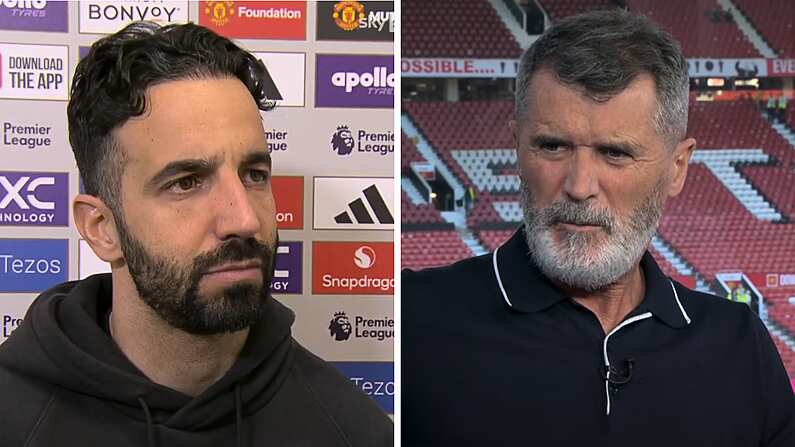He may have been forgotten in the decades following his death, but thanks to a welter of feature pieces and lovingly produced documentaries in recent years, there is now no self-respecting football aficionado who doesn't know the name of Patrick O'Connell.
Usually going by the moniker 'The Irishman who saved Barcelona', O'Connell is to be inducted into the Barcelona Hall of Fame tomorrow. A special painting by Manchester artist Tony Denton will hang on the Hall of Fame wall and the Barcelona President Josep Maria Bartemeo will deliver a speech about his life and legacy in advance of the Barcelona-Real Betis game tomorrow. Fitting opponents seeing as O'Connell also managed the latter, leading them to their first and only La Liga title in 1935.
Fergus Dowd of the Patrick O'Connell Memorial Fund - who this year unveiled a mural on the Falls Road - told Belfast Live that their grouping have been asked to speak to the crowd at the Nou Camp about O'Connell and his importance to both clubs.
At unveiling of Patrick O Connell earlier 2day. pic.twitter.com/ZzEpt7Zj1w
— Gerry Adams (@GerryAdamsSF) August 7, 2015
Born in Drumcondra in 1887, O'Connell made his name with the famous Belfast Celtic, one of the strongest sides in the very Northern-centric Irish League.
Pre-independence, Shelbourne and Bohemians were the only two Dublin sides in the top division and they often struggled to compete with the top Northern sides, Linfield, Glentoran and Belfast Celtic.
He captained a still non-independent Ireland to the British Home Championship in 1913/14, the sides first ever tournament victory.
O'Connell moved from Belfast to Sheffield Wednesday and then on to Hull. Manchester United, motivated by his performance for Ireland in the UK Championship, signed him in 1914. He stayed for five war interrupted years, being appointed captain in due course.
With the war coming and the prospect of no football for a season, he was one of the Manchester United and Liverpool players who conspired to rig a match after collectively organising a betting pool which backed United to win 2-0.
Everyone sang from the same hymn sheet as they successfully pulled this off, though without the requisite subtlety. O'Connell was influential in its execution. With the score already 2-0, it was he who dutifully struck a penalty miles wide.
The ruse was rumbled. Unlike many of his teammates and opponents, O'Connell escaped punishment.
As a manager, he emigrated to Spain in 1922 to take up a post as manager of Racing Santander. He later led Real Betis to their only La Liga title in 1935.
During the Spanish Civil War, he was manager of Barcelona. The club were mired in debt and were politically non-simpatico with the incoming authoritarian regime in Madrid.
With football on hold once more, O'Connell, with the help of some businessmen organised a lucrative tour of Mexico and the US and succeeded in pulling the club out of debt and securing its future.
During the Second World War, he managed Sevilla to runners up spot in La Liga. He died destitute in London in 1959 and is buried in an unmarked grave in Kensal Green.













